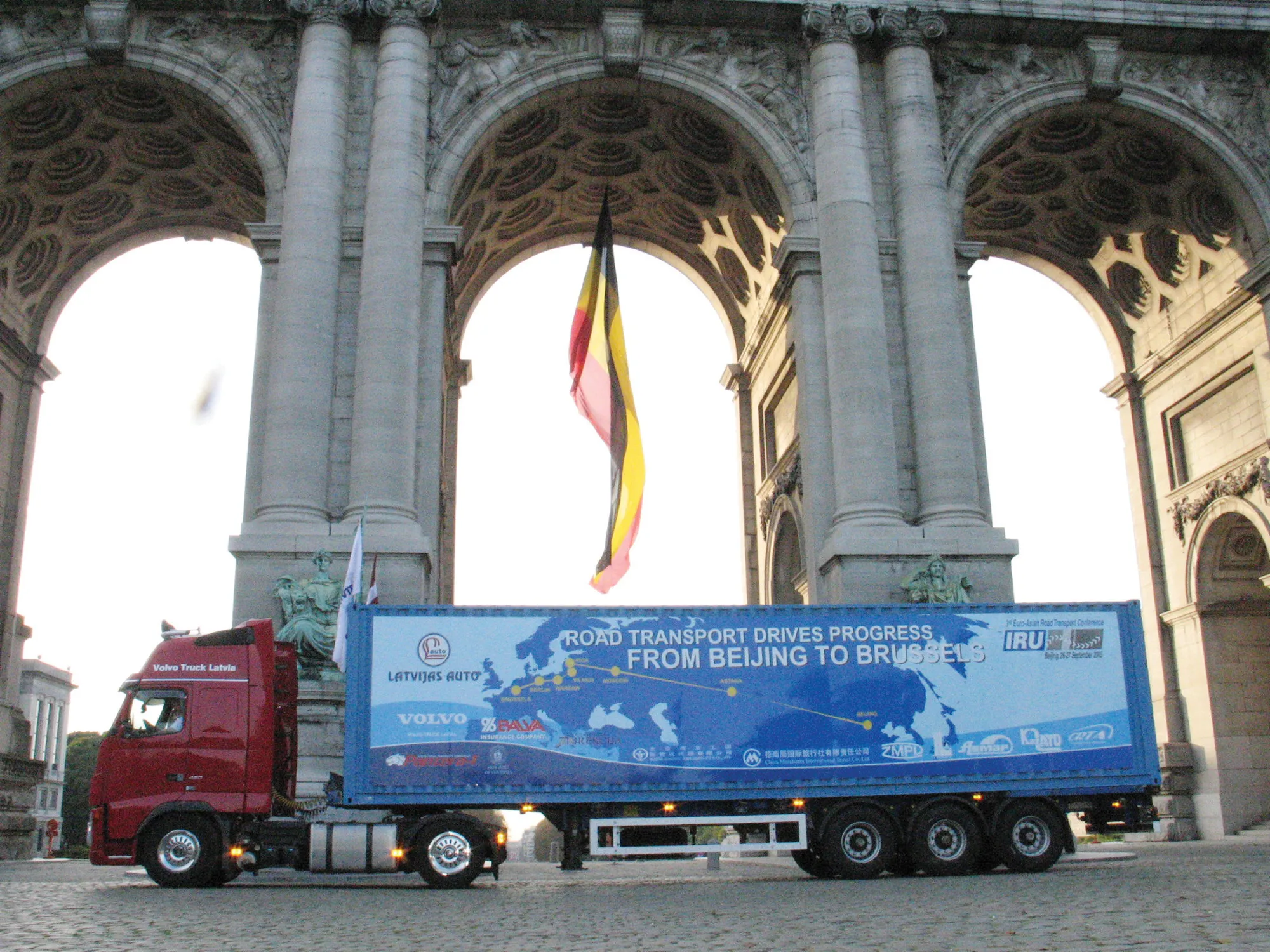
Tolls will be collected on all class I, II, and III roads - all paved roads in the country, according to a statement by
This contract includes technical configuration and technical support. The contract also extends to the introduction of an electronic vignette for passenger cars.
The project will run for 19 months and comprise of the delivery and setup of 500 terminals for registering and issuing electronic vignettes, 100 enforcement vehicles, 100 weigh-in-motion facilities and 100 tolling gantries, in addition to a data centre and back office functions.
The company reported that it has seven months in which to complete the infrastructure work.
Kapsch TrafficCom said it will be implementing the company’s proprietary, satellite-supported vehicle identification and toll collection system. It uses onboard tracking devices which employ satellite technology to determine the position of the trucks and automatically collect the tolls.
Kapsch said that the advantage of this solution lies in its flexibility, which allows tolls to be calculated on the basis of distance driven, vehicle weight, road category, time of day and current traffic situation.
“Bulgaria is a key market for us in an extremely promising regional environment,” according to André Laux, COO of Kapsch TrafficCom. “We are quite pleased to be able to commence implementation after a very time-intensive bidding phase,” he adds.
Kapsch TrafficCom said it was the lowest-priced bidder with a project volume of just under €75 million.
Bulgaria is the sixth European country in which Kapsch TrafficCom has been given responsibility for implementing a nationwide toll collection system. The others are Austria, Switzerland, Poland, the Czech Republic and Belarus.








